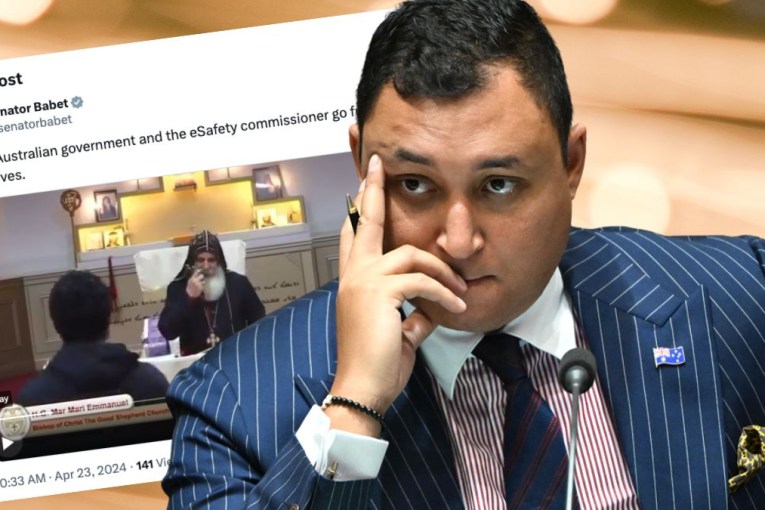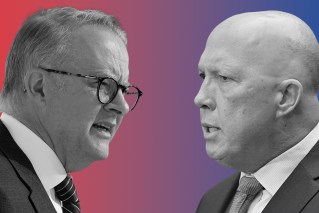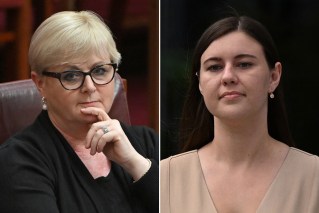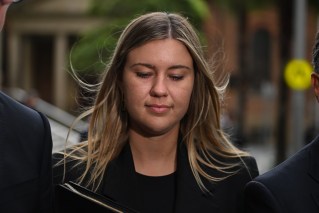‘No slowdown’: Greenhouse gases at record high: United Nations

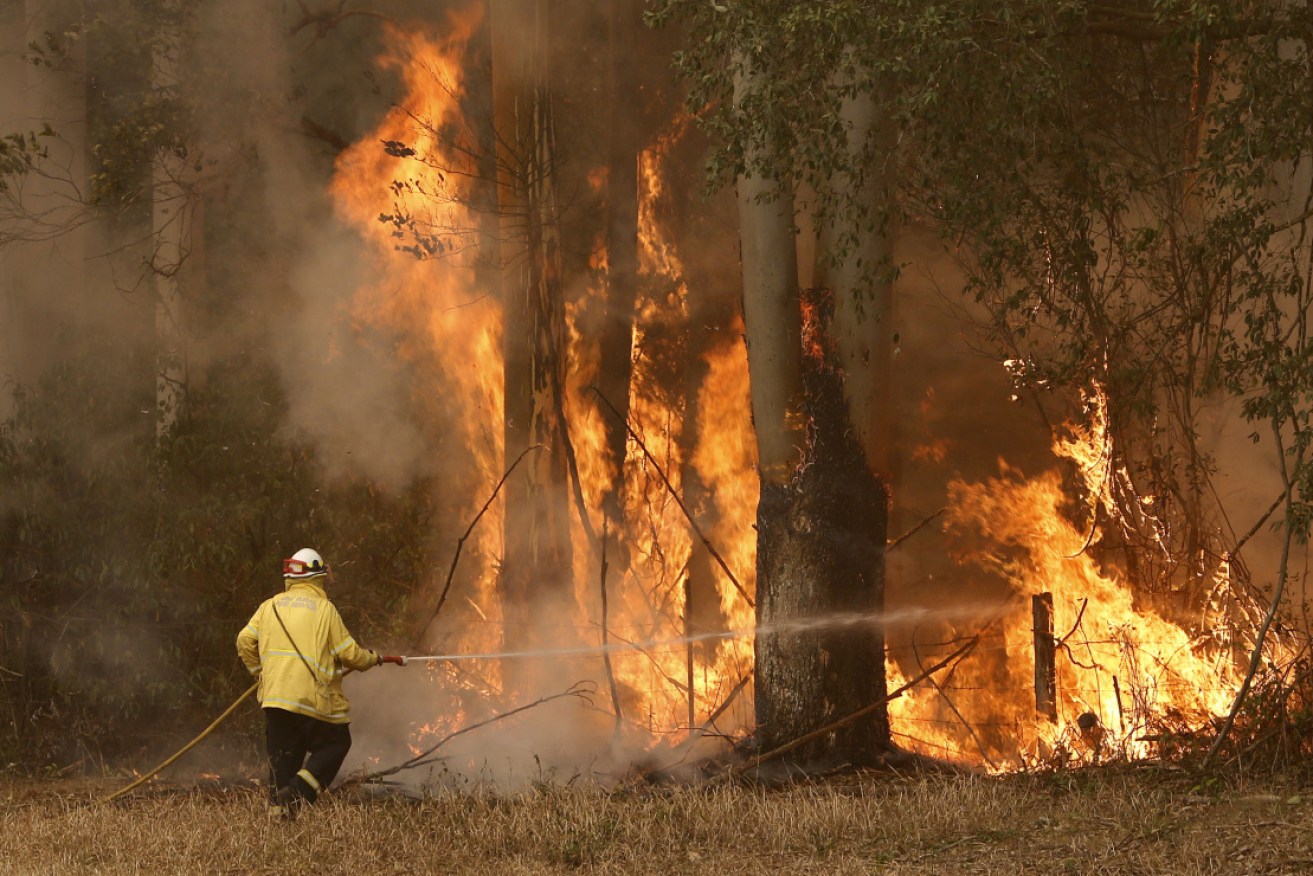
Emissions have reached a record high. Photo: AAP
Greenhouse gases driving climate change hit a record high last year and are showing no signs of slowing down, according to the United Nations’ World Meteorological Organisation.
Following a decade-long trend, the levels of carbon dioxide, methane and nitrous oxide have reached another record high and are now almost 150 per cent above pre-industrial levels, according to the annual Greenhouse Gas Bulletin report.
Globally averaged concentrations of carbon dioxide (CO2) reached 407.8 parts per million in 2018, up from 405.5 parts per million (ppm) in 2017.
The increase in CO2 across the year was close to the recorded increase in 2016-17 and above the average over the past decade.
Since 1990, there has been a 43 per cent increase in the warming effect on the climate by greenhouse gases.
CO2 accounts for about 80 per cent of that number.
Combating the rising levels has become a matter of human survival, said WMO Secretary-General Petteri Taalas.
“There is no sign of a slowdown, let alone a decline, in greenhouse gases concentration in the atmosphere despite all the commitments under the Paris Agreement on Climate Change,” Mr Taalas said.
“We need to translate the commitments into action and increase the level of ambition for the sake of the future welfare of mankind.
“It is worth recalling that the last time the Earth experienced a comparable concentration of CO2 was three to five million years ago. Back then, the temperature was two to three degrees Celsius warmer, sea level was 10 to 20 metres higher than now,” Mr Taalas said.
The long-term trend means future generations will suffer from severe droughts, rising temperatures, extreme weather and rises in sea level, the report said.

In September millions of people protested for stronger action. Photo: AAP
Climate change has become a divisive issue across the world, prompting heated debates in Australia over the nation’s role in curbing global emissions.
This week a new study commissioned by the Climate Council revealed that 53.3 per cent of Australians thought the government should be doing more to curb emissions, with 42.9 per cent saying they “strongly agreed” that climate change was making the bushfire season worse.
“For more than 20 years scientists have warned that climate change would increase the risk of extreme bushfires in Australia. These warnings have now become reality and we are seeing communities paying the price,” Climate Council CEO Amanda McKenzie said.
“The majority of Australians know fire seasons are getting worse because of climate change. They have heard the warnings from the scientists and firefighters.
“We need the federal government to urgently develop a plan that prepares Australian communities as well as health and emergency services for escalating fire danger.
“We must also rapidly phase out the burning of coal, oil and gas, which is driving more dangerous fires.”

42.9 per cent said climate change had made the bushfire season worse. Photo: Getty
In an interview with ABC radio last week Prime Minister Scott Morrison refuted the idea that Australia’s domestic policy had contributed to the severe start to bushfire season.
“To suggest that with just 1.3 per cent of global emissions that Australia doing something differently – more or less – would have changed the fire outcome this season, I don’t think that stands up to any credible scientific evidence at all,” he said.
But the Climate Council has accused the federal government of obstructing a rollout of renewable energies at a state and territory level, which it says is affecting investor confidence in the sector.
“With the exception of projects driven by state and territory renewable purchases, this federal policy vacuum is causing the investment pipeline for new large-scale renewable projects to decline sharply,” the report states.
“In 2019, new investment has fallen to levels last seen four years ago when Prime Minister [Tony] Abbott was trying to abolish the Renewable Energy Target (RET).”
